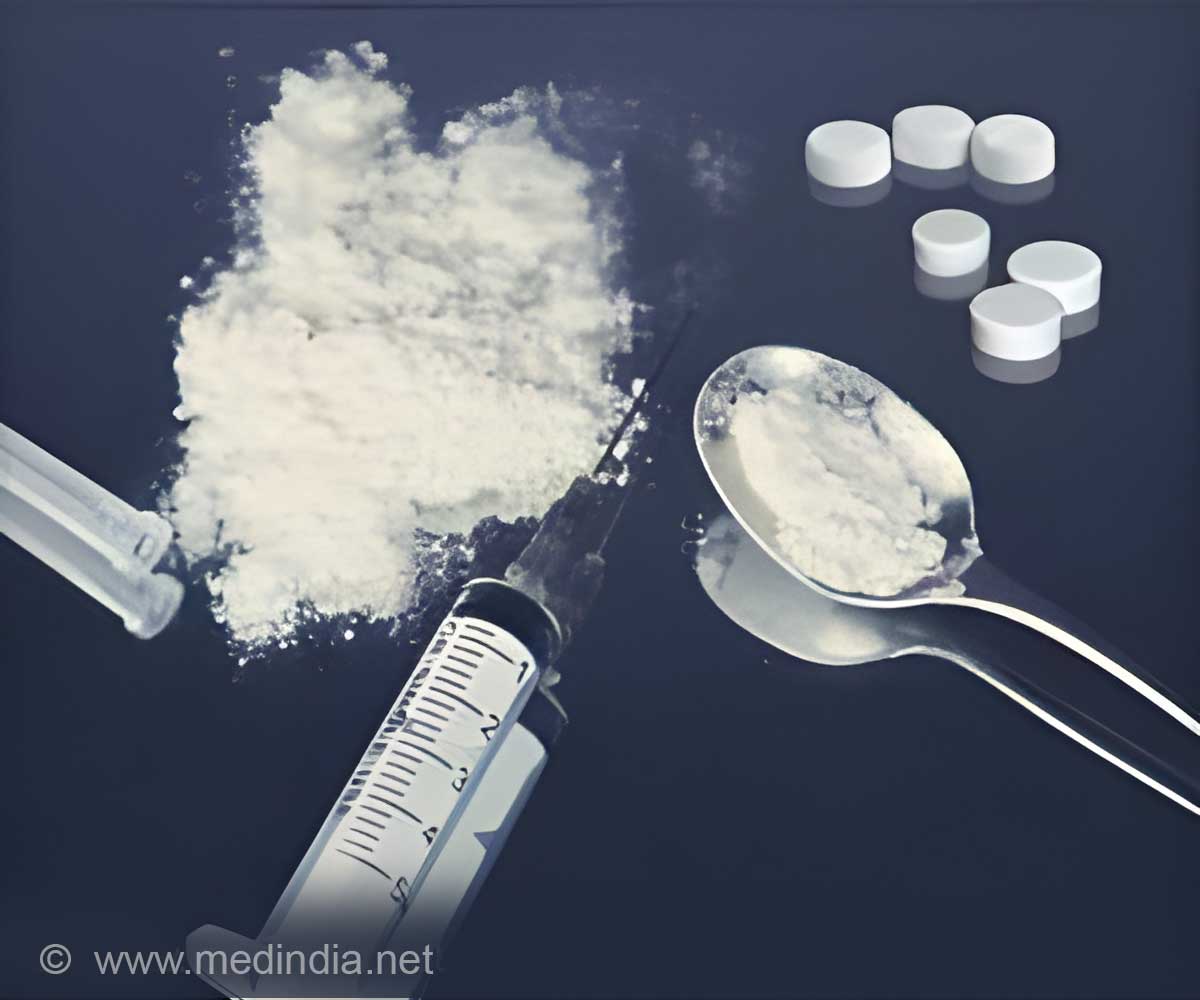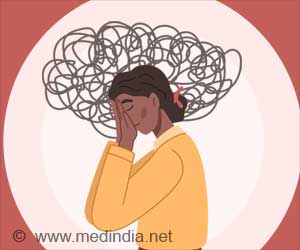Treating opioid use disorder with methadone or buprenorphine significantly reduces suicide rates among individuals with opioid dependence, reports a Scottish study.

Suicide in people prescribed opioid-agonist therapy in Scotland, United Kingdom, 2011-2020: A national retrospective cohort study
Go to source).
‘Did You Know?
Each day, 140 individuals in the United States die of a drug overdose, 91 specifically due to opioids. #medindia #opioids #overdose’





Each day, 140 individuals in the United States die of a drug overdose, 91 specifically due to opioids. #medindia #opioids #overdose’
Advertisement
Suicide Rates Among Patients with Opioid Use Disorder
There were 575 suicides among the group of 46,453 people with opioid use disorder, accounting for 1.2% of the group. Although every member of the group received an OAT (Opioid Agonist Therapy) prescription at some point between 2011 and 2020, some of those suicides occurred during periods when people were not in receipt of an OAT prescription. The study assumed that every suicide that occurred more than 60 days after the person received an OAT prescription would have happened while the person was not on drug treatment for opioid dependence.Advertisement
Higher Suicide Rates Among Those Not Receiving OAT
When researchers divided the 575 suicide deaths into those occurring while the person was on OAT versus those committed while the person was no longer on OAT, they found that the rate of suicide for people not on OAT was more than three times higher than the rate for people on OAT.Patient’s Access to Support Services
Lead author and researcher at Glasgow Caledonian University Rosalyn Fraser comments, “People with opioid dependence in Scotland are at much higher risk of suicide than the general population. However, there is strong evidence that suicide rates are lower among people receiving methadone or buprenorphine. OAT helps people access other support services, stabilizes drug use, and provides opportunities to build therapeutic relationships and reduce isolation. It’s very important to get people with opioid dependence into drug treatment to reduce their suicide risk.”Importance of Retention in Opioid Agonist Therapy
Senior author and Glasgow Caledonian University Professor in Public Health Andrew McAuley added, “In Scotland, trends in suicide in people who are opioid dependent declined during a period where overdose deaths more than doubled. Importantly, retention in opioid agonist treatment is a critical intervention both for suicide and opioid overdose prevention strategies.”Reference:
- Suicide in people prescribed opioid-agonist therapy in Scotland, United Kingdom, 2011–2020: A national retrospective cohort study - (https://onlinelibrary.wiley.com/doi/10.1111/add.16680)
Source-Eurekalert













